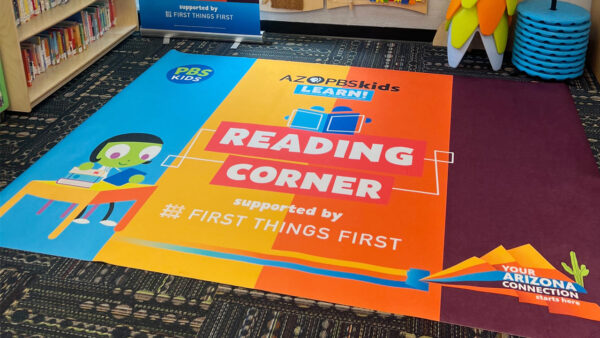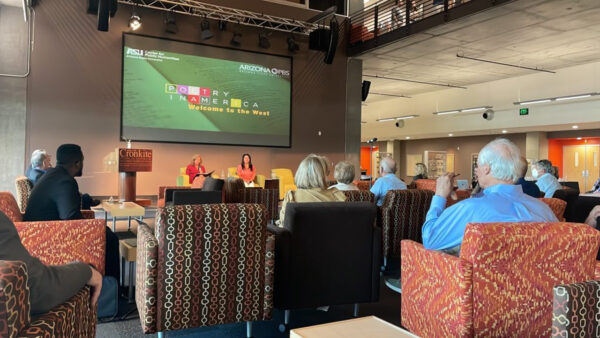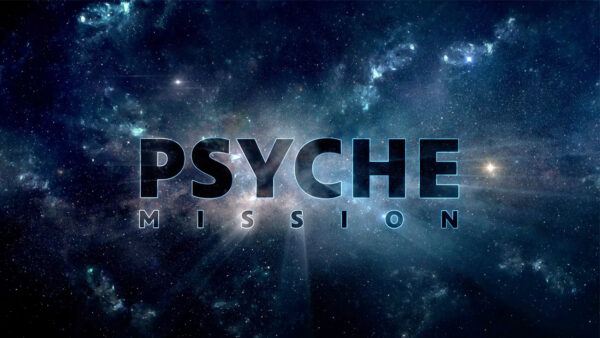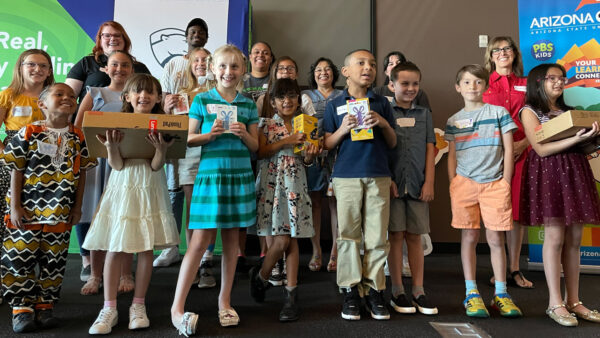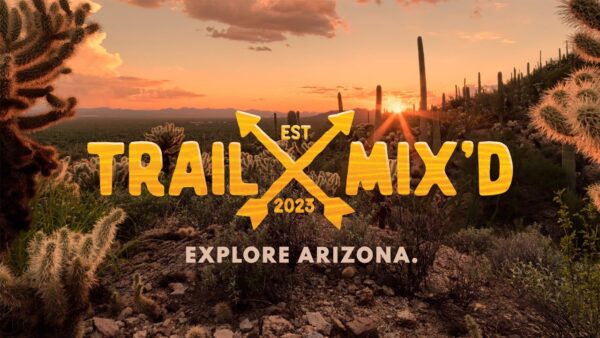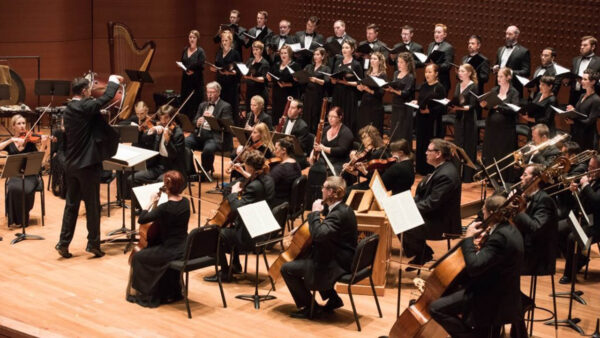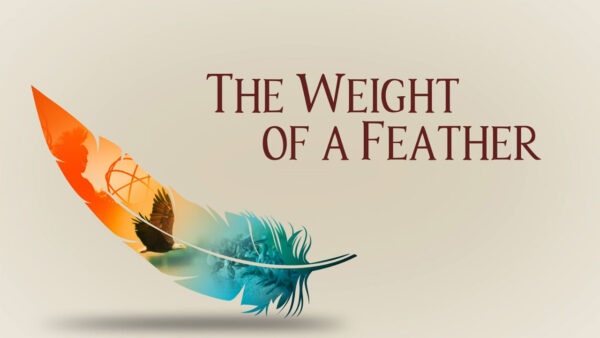Slavery By Another Name
Feb. 13, 2012
–Documentary Tells Little-Known History of Forced Labor –
Slavery by Another Nameis a new documentary based on the Pulitzer Prize-winning book by Wall Street Journal senior writer Douglas A. Blackmonand narrated by acclaimed actor Laurence Fishburne, star of film, television and stage productions. Slavery by Another Name airs at 8 p.m. on February 13, 2012 on Eight, Arizona PBS.
Slavery by Another Name challenges one of Americans’ most cherished assumptions: the belief that slavery in this country ended with the Emancipation Proclamation. The film relates that even as chattel slavery came to an end in the South in 1865, thousands of African Americans were pulled back into forced labor with shocking force and brutality. It was a system in which men, often guilty of no crime at all, were arrested, compelled to work without pay, repeatedly bought and sold, and coerced to do the bidding of masters. Tolerated by both the North and South, forced labor lasted well into the 20th century. “The Thirteenth Amendment states that slavery was abolished, except as a punishment for a crime,” says author and co-executive producer Blackmon. “So across the South, laws were passed to criminalize everyday African-American life. It was a crime for a black man to walk beside a railroad, to speak loudly in the company of white women, to do someone’s laundry without a license, to sell cotton after dark. But the most damaging statutes were around vagrancy. If you couldn’t prove your employment at any moment, you were a criminal.” Once convicted, African Americans were leased to coal mines, brick yards, plantations and turpentine farms and forced to work without pay. They were shackled, imprisoned and often tortured. Thousands died. Effects of these horrifying practices resonate today. Sharon Malone (physician and wife of Attorney General Eric Holder), whose uncle fell victim to Alabama’s forced labor system, summarizes its isolating effect: “My father never talked a lot about his time growing up in the South. There was so little that I actually knew about the generations before my parents…We have been, as African Americans in this country, deprived of the ability for really connecting with our ancestors.”
Descendants of forced labor’s purveyors are not immune to these practices’ “aftershocks.” Susan Tuggle Burnore, whose great-grandfather, a farmer named John Williams, murdered eleven laborers held illegally on his farm, says that he “did it in the most horrific ways that you can imagine, that I really can’t talk about. I get so emotional. There was an attitude, a set of beliefs that said this kind of cruelty was somehow acceptable.”
“It’s a brutal topic,” said producer/director Sam Pollard. “Forced labor practices, including inmate leasing and peonage, totally circumscribed the lives of hundreds of thousands of African Americans well into the 20th century. Most Americans are totally unaware of — and shocked by — this history, which is why we found it so imperative to translate Doug’s incredible book into a film. ”
Media Contact: Colleen O’Donnell Pierce
[email protected]
(602) 496-0579
(602) 478-3867 (cell)
Visit azpbs.org/pressroom
About Arizona PBS
Arizona PBS is a trusted community resource. For over 52 years, the PBS station has focused on educating children, reporting in-depth on public affairs, fostering lifelong learning and celebrating arts and culture. Arizona PBS achieves its mission through the power of non-commercial television, the Internet, educational outreach and community-based initiatives. Its signal reaches 80 percent of the homes in Arizona. With more than 1 million viewers weekly, Arizona PBS consistently ranks among the most-viewed public television stations per capita in the country. For more information, visit azpbs.org or follow us on Facebook, Twitter, Google+, Instagram, Pinterest or Tumblr.
Arizona PBS is a member-supported community service of Arizona State University and the Walter Cronkite School of Journalism and Mass Communication.
)







